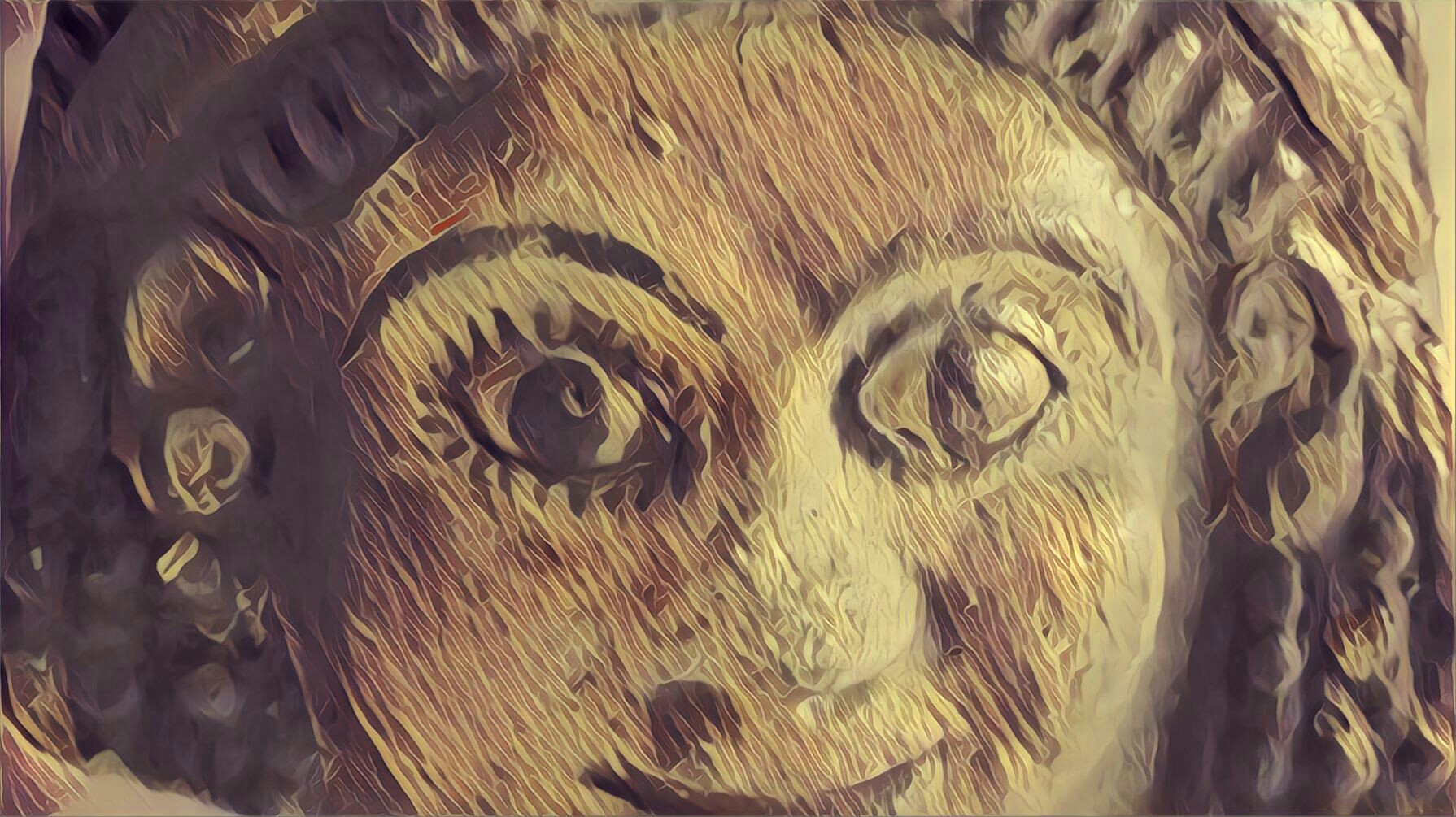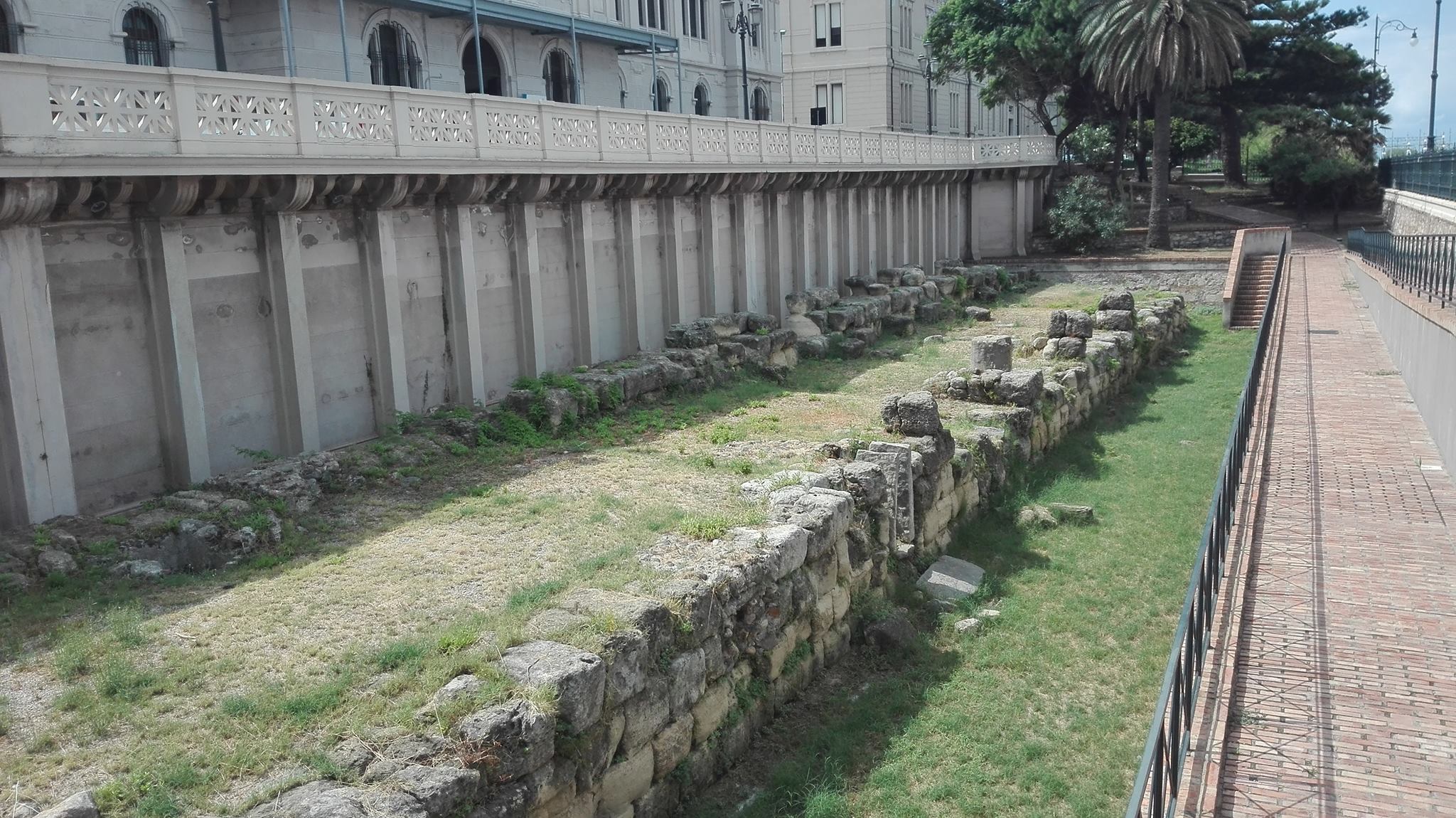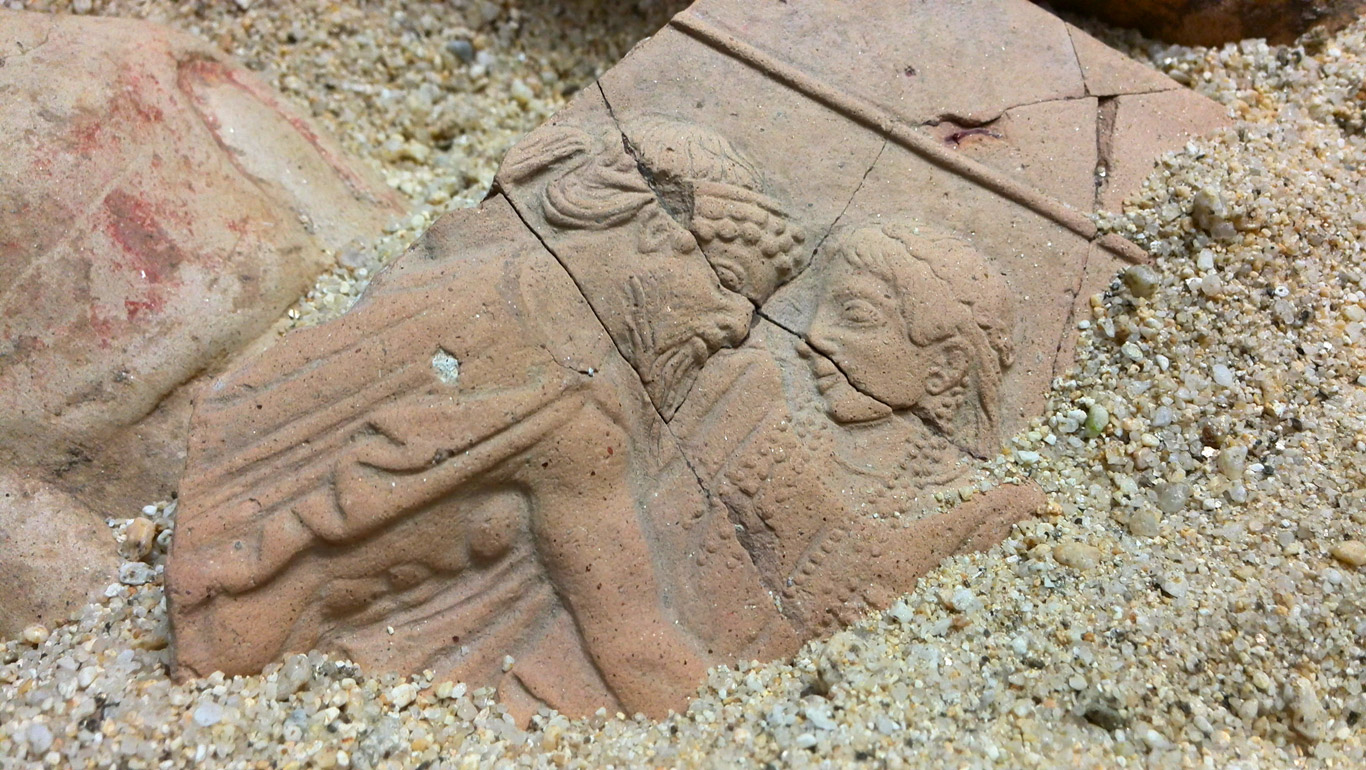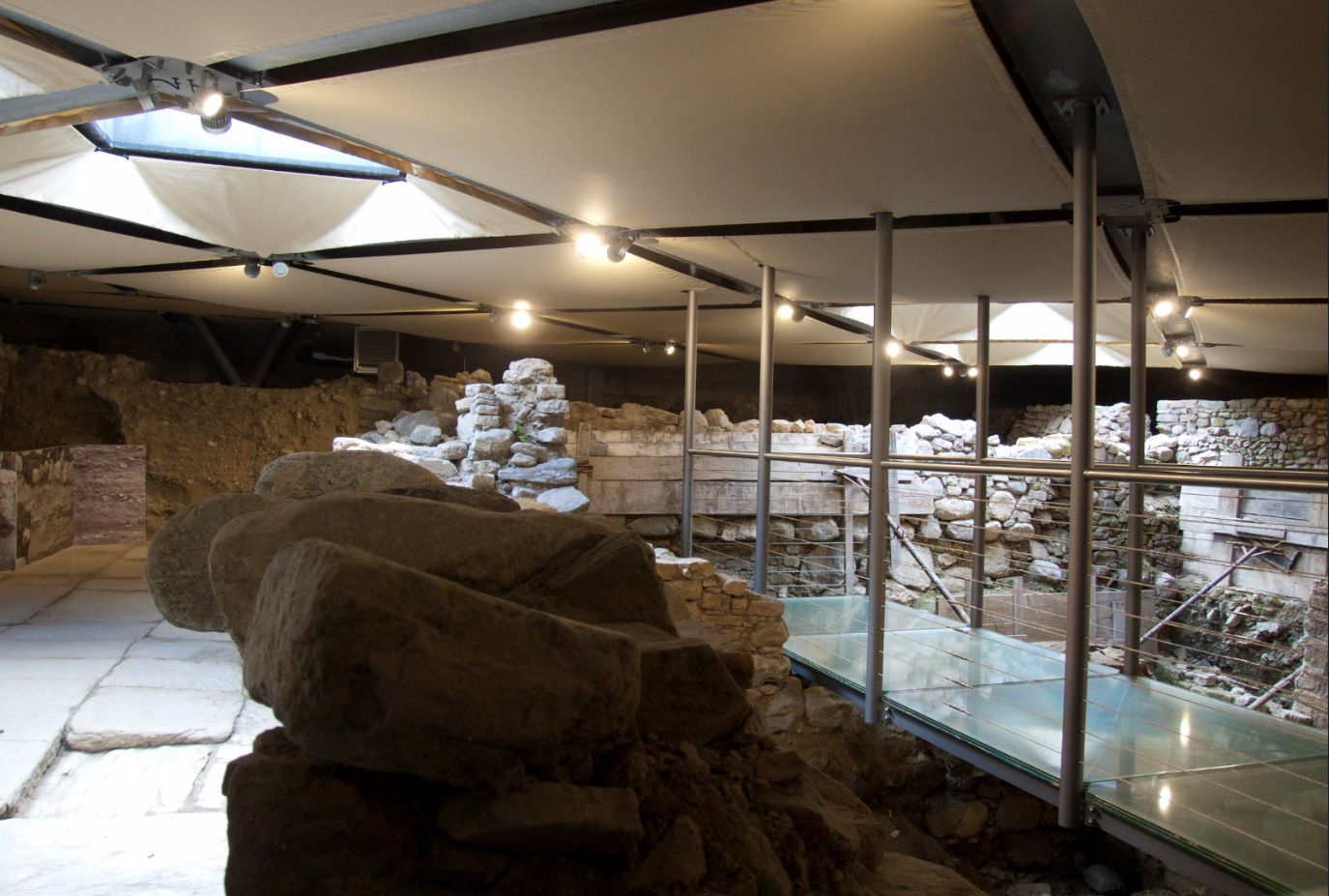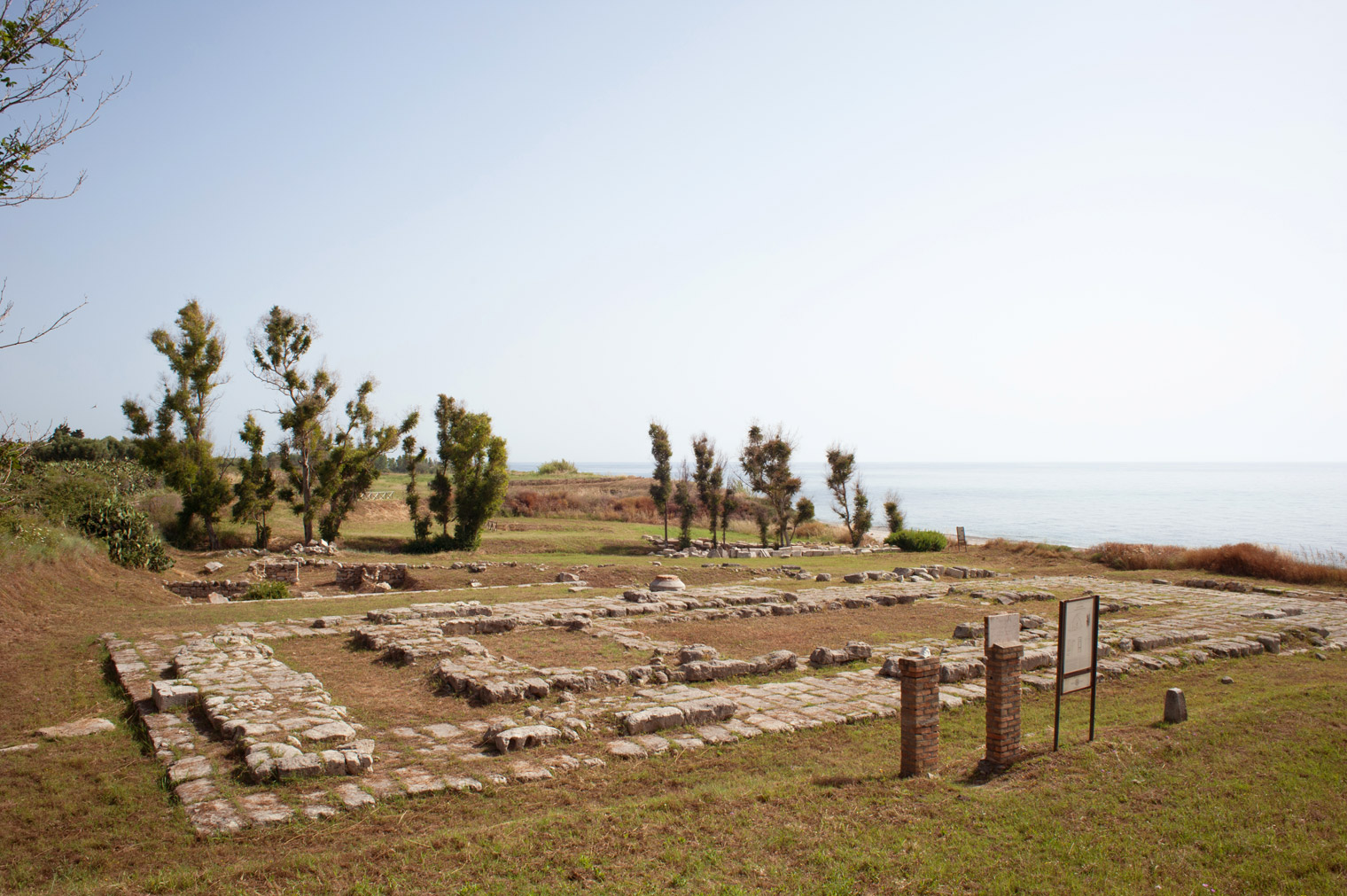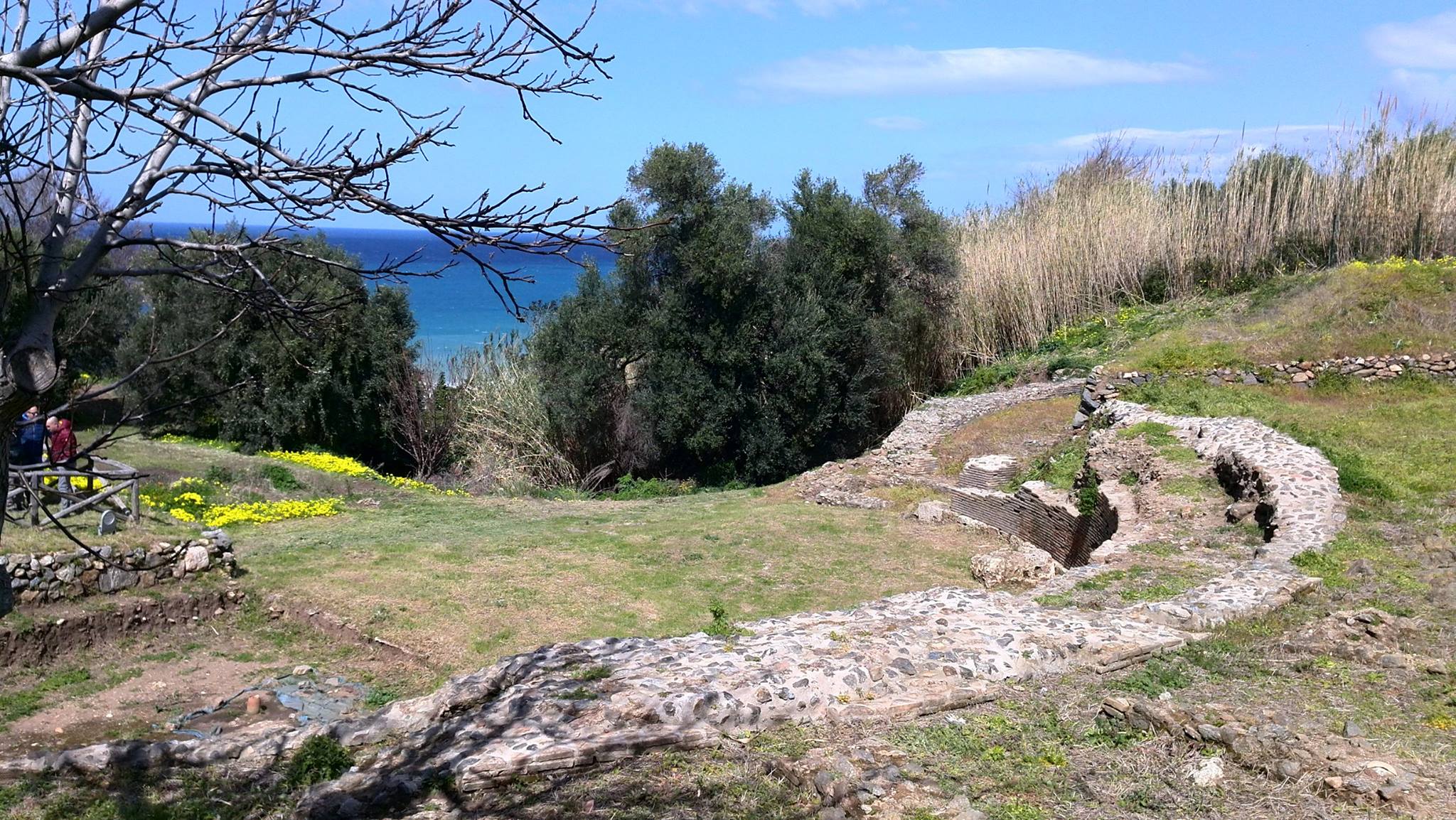The origin of Reggio Calabria dates back thousands of years: ancient historians tell us that a great-grandson of Noah, Ashkenaz, founded it in 2000 BCE. He later gave his name to the whole region and this ancient heritage lives on in the historical memory of the city, in the street name Via Aschenez.
A Greek legend narrates that Heracles and Jocastus, son of the god Aeolus, founded the city.
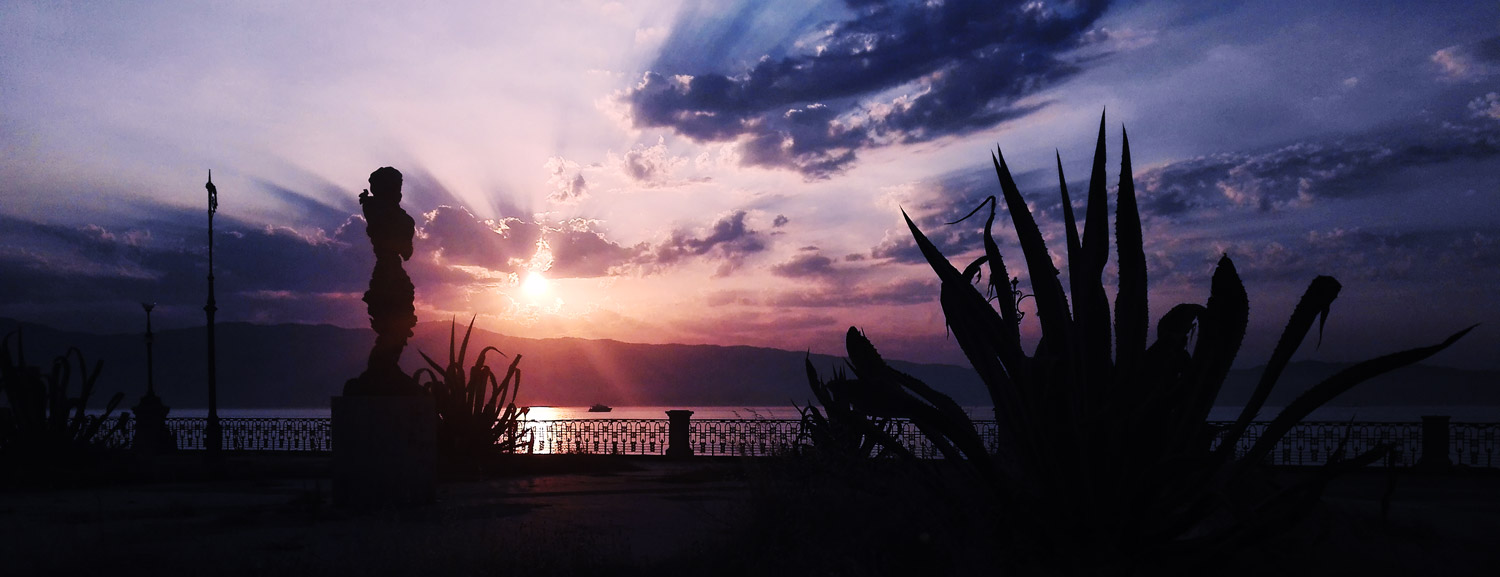
The Chalcidian Settlement
Thucydides recounts that the city was founded in 730 BC by people of Ionian lineage coming from Chalcis, the chief city of Euboea, an island from which the founders of many other Greek colonies of Magna Graecia also came. The town was given the name Rhegion, from regnümi, which means “to break, break up”: it is believed that the name was meant to reflect the split of Sicily from Calabria. Other sources claim that it came from the Indo-European root reg, which means “chief, king”, and it referred to a promontory that dominated the view from the peninsula.
DID YOU KNOW THAT …?
Following the indications received from the Oracle of Delphi, the Chalcidian settlers founded the city of Reggio at the mouth of the Apsias River (now the Calopinace Torrent), where they found a vine twisted around a wild fig tree. The Oracle had told them to seek “a female wrapped around a male".
The Greeks
Thanks to its favourable geographic position and an enlightened government, Rhegion soon became one of the most important cities of Magna Graecia, and by the 5th century BC it had attained great splendour and political power. At the time it was ruled by the tyrant Anassilas, who united the two cities on the Strait, Rhegion and Zancle (now Messina). Anassilas welcomed to Rhegion the School of Pythagoras as the philosopher and his followers fled from Croton. Here the School became greatly renowned and also formed schools of poetry and sculpture, conferring artistic-cultural prestige to the polis. When the war broke out between the Greek poleis of Southern Italy and Carthage, Rhegion sided with the latter because of its strong rivalry with Syracuse and, shortly thereafter, was almost completely destroyed at the behest of the tyrant of Syracuse, Dionysius the Elder, who never forgave their betrayal. Dionysius II had the city rebuilt and renamed it Phoebea (the city of the Sun). The city prospered during the Roman age, when it was named Regium Julium in honour of Julius Caesar Octavianus. During this period it was Romanised, nevertheless the city retained its Greek language and traditions for thousands of years.
